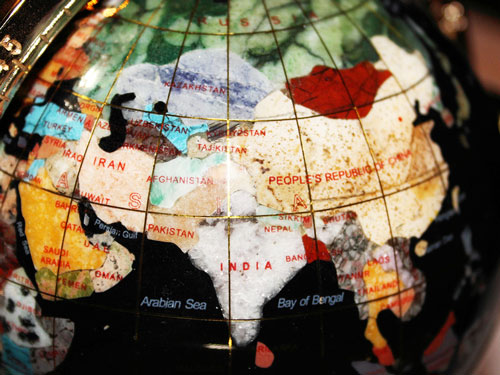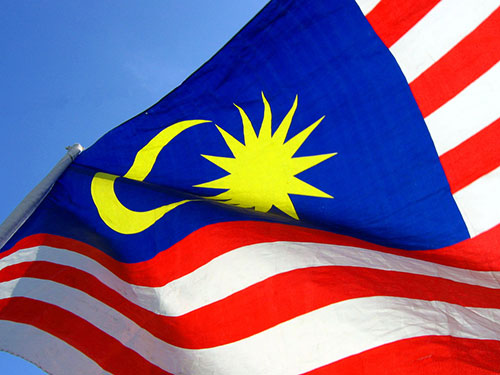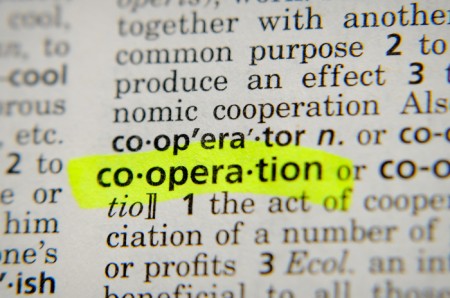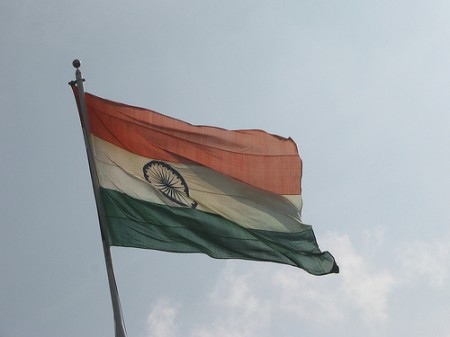
This article was originally published by the LSE South Asia Centre on 16 November 2015.
The China-Pakistan Economic Corridor (CPEC), first announced during Xi Jinping’s state visit to Pakistan in April this year, is a crucial component of the Chinese President’s One Belt, One Road (OBOR) initiative, which has become an indispensable element of discussions about China’s foreign policy and one of the Chinese President’s most emblematic policy initiatives.
CPEC has been heralded as a game-changer for regional and global geopolitics, for reasons that go beyond the unprecedented scale of China’s largest overseas investment project to date. The project consists of extensive investment in Pakistan’s transport, telecommunications and energy infrastructure, with an estimated value of over $46 billion USD. It will eventually extend about 3,000 km, linking the southwestern Pakistani port of Gwadar to the city of Kashgar, in China’s northwestern Xinjiang province.




